|
On our first share pickup I had many share members ask me whether we had received too much rain so far this season. And I usually said that while it was pretty wet, I wasn't ready to complain yet because of how dry it was last season. But I've changed my mind: we have had TOO MUCH RAIN! Last Thursday night and into Friday early AM Environment Canada tells us we received 158mm of rain in an eight hour window! That is about 6.2 inches. Our rain gauge tops out at 5 inches and was overflowing in the morning when we checked on it. 6.2 inches of rain on already saturated soils has some negative consequences: our basement flooded, some areas of our fields flooded, and we lost about 20 broiler chickens that were just a week old due to flooding in their coop. Nevertheless, we emerged from this in better shape then some. We grow all of our vegetables in raised beds which means that most of our walkways were under water but the bed tops were not. In one low section of our fields even the bed tops were under water but this receded within 24 hours so I think it should not drastically harm the crops planted in these areas (peas, beans, and potatoes). We thought we were going to lose far more than just 20 chickens as they were all soaking wet, cold, and mostly unresponsive. But once we got them back under their heat lamps and dry straw on the ground many of them perked back up. While we did have 5 inches of water in our basement, the furnace, water heater, and other appliances down there seem to still be in working order. And because it's an old farmhouse basement, we try not to keep anything of major value down there. Rob did spend part of Saturday throwing out some things and drying out others. Our neighbours, on the other hand, had over 18 inches of water in their basement and need all new appliances. Here is what some of the flooding looked like: Garlic Scapes are the flower stalk of the garlic plant that must be removed in order to get large bulbs later in the season. But they are also delicious in their own right. We use garlic scapes in the exact same way we'd use bulb garlic or green onions. Milder than a raw garlic clove, scapes are nice added to salads or tossed into stirfrys or soups. We also love to make garlic scape pesto, which has a real zip when eaten fresh but mellows nicely in the freezer. At this time of year, when scapes are prolific, we make several big batches of garlic scape pesto and freeze in ziploc bags or small glass mason jars. In the middle of winter, this pesto makes a great seasoning for roasted root vegetables, chicken, fish, or, of course, pasta. A tablespoon or two added to mashed potatoes or rice is also a great touch.
Garlic Scape - Basil Pesto 1/4 cup chopped garlic scapes 1/4 cup fresh basil 4 tbsp lemon juice 1/2 cup olive oil 1 cup grated parmesan cheese Sea salt to taste 1. Put garlic scapes, basil, and lemon juice into a food processor with a steel blade, and process until scapes are very finely chopped. With food processor running, add oil through the feed tube and process 2 - 3 minutes. 2. Remove the lid, add half the parmesan cheese and process 2 minutes, then add the rest of cheese and salt and process 2 -3 minutes more. Options: You can use arugula or spinach instead of basil for a different flavour. To make dairy-free, substitute 1 cup toasted pine nuts or cashews for the cheese. Taken from: The Farmers Market Cookbook by Julia Shanks and Brett Grohsgal Comments are closed.
|
Archives
February 2020
|
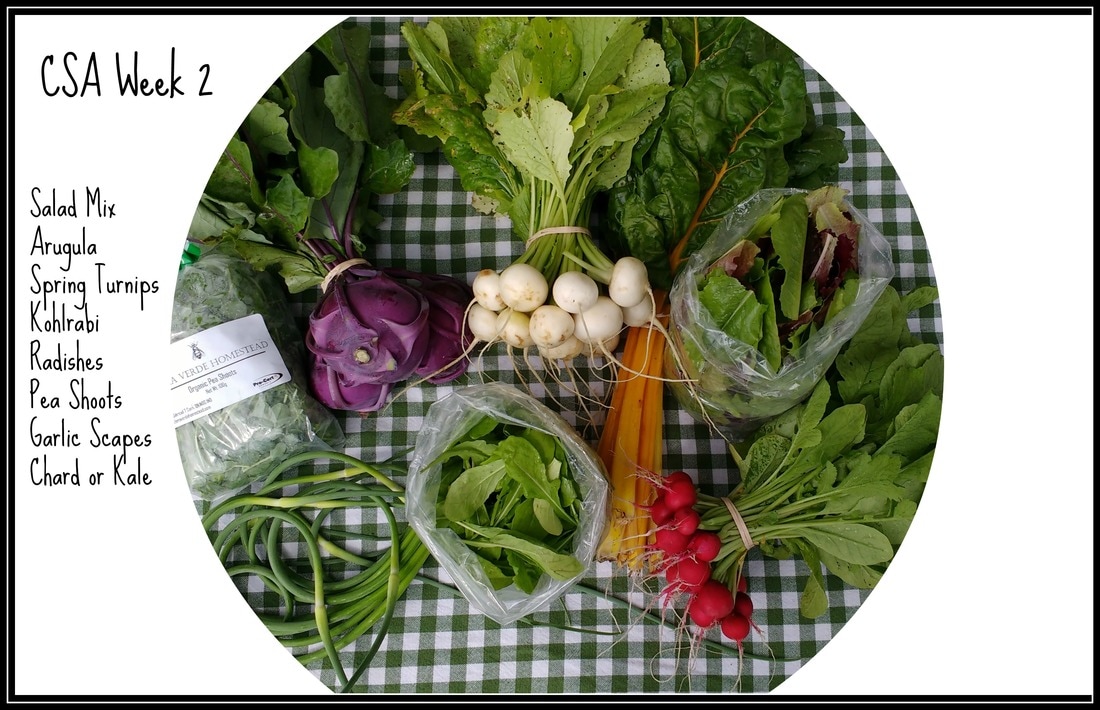
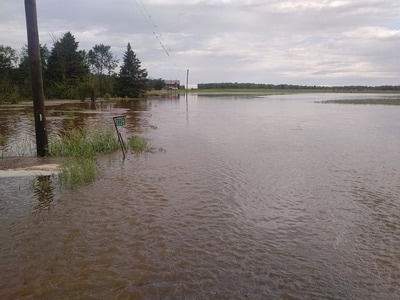
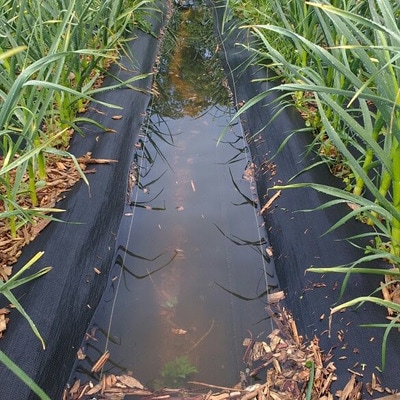
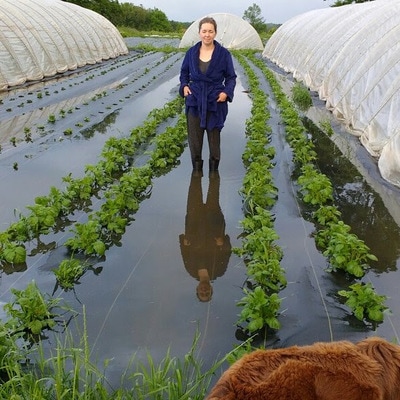
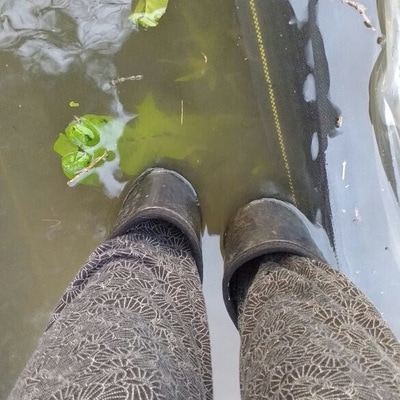
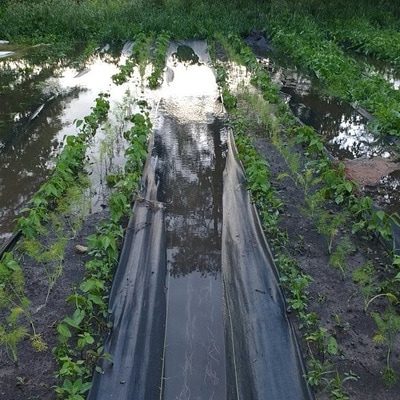

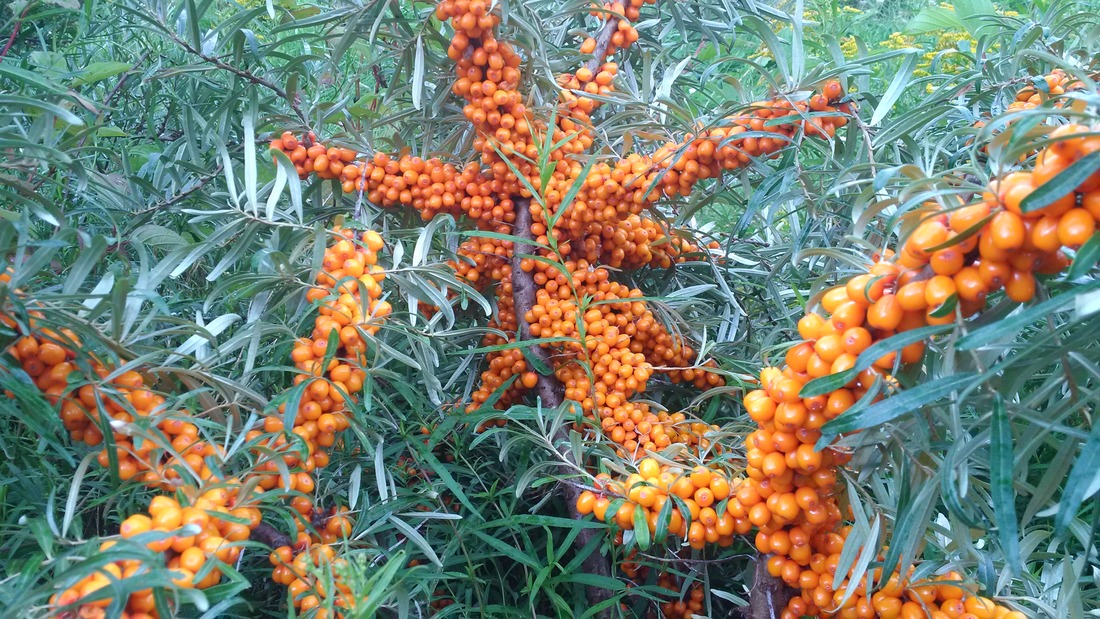
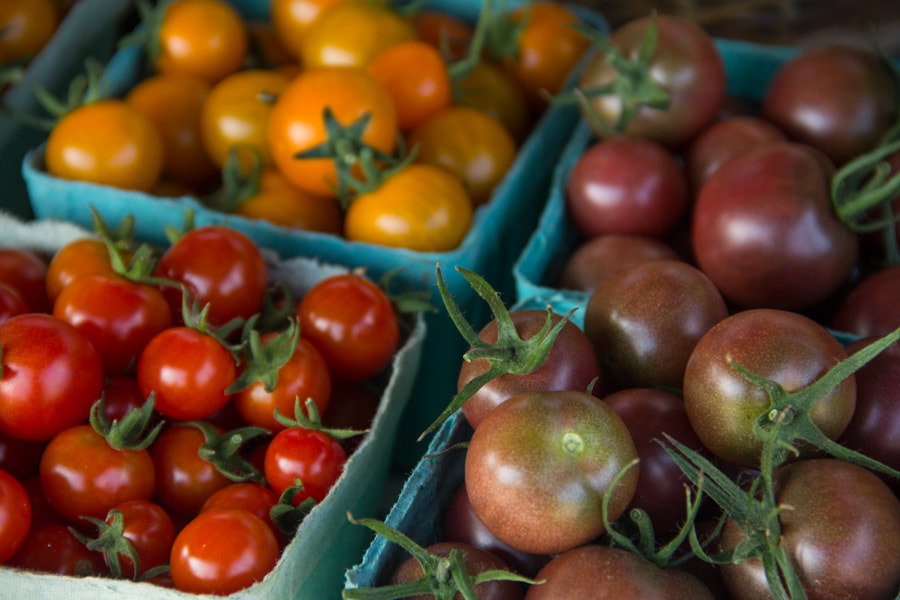
 RSS Feed
RSS Feed